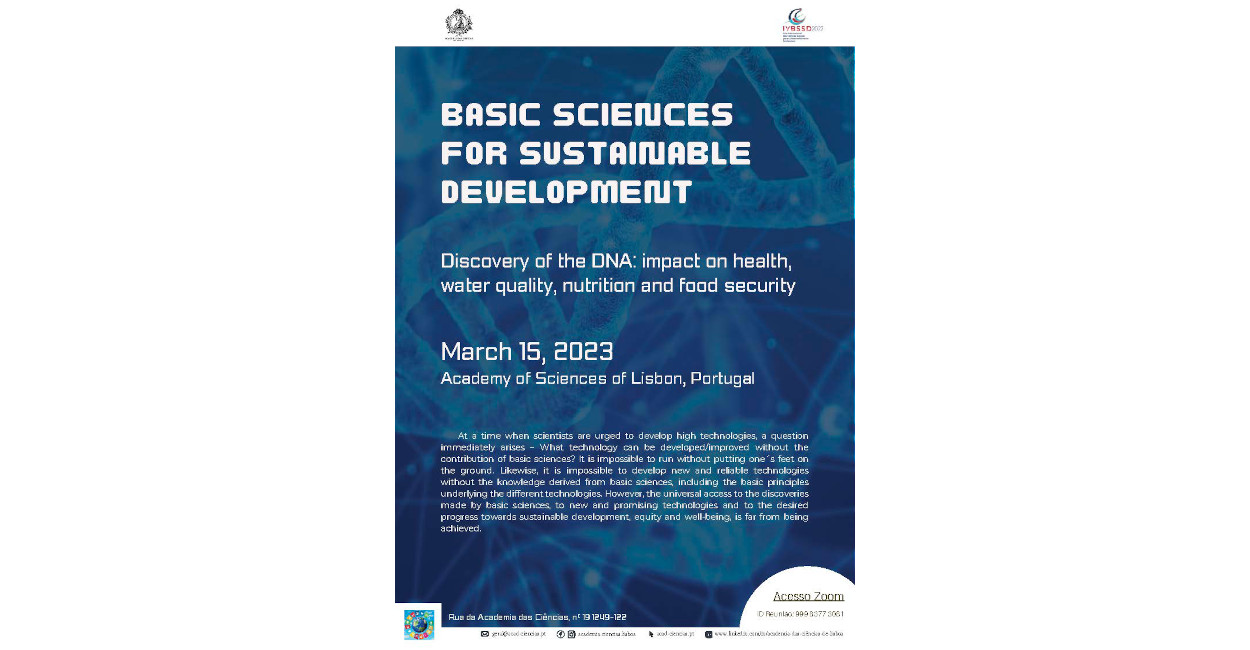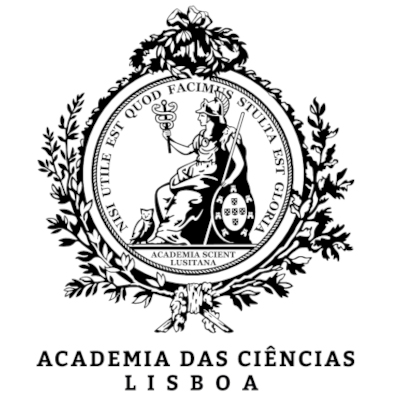
The discovery of DNA structure: impact on life in the planet, human development and wellbeing
At a time when scientists are urged to develop high technologies, a question immediately arises – What technology can be developed/improved without the contribution of basic sciences? It is impossible to run without putting one ́s feet on the ground. Likewise, it is impossible to develop new and reliable technologies without the knowledge derived from basic sciences, including the basic principles underlying the different technologies. However, the universal access to the discoveries made by basic science, to the new and promising technologies in all scientific domains, and to the desired progress towards sustainable development, equity and well-being, is far from being achieved.
Considering the need to emphasize the role of basic sciences in technology development and its essential contribution to human development and well-being, the Institute of High Studies of the Academy of Sciences of Lisbon will address the impact of the DNA double helix elucidation, one of the greatest scientific discoveries. This is an outstanding achievement of Rosalind Franklin, who surely was unaware of the ground-breaking applications that would unfold from her basic studies. The pioneering work of Rosalind was followed at the King’s College, London by Wilkins, a biophysicist, Crick a physicist/biologist, and Whatson, former zoologist and interested on genetics, and led to the structure of the DNA molecule, a discovery honoured by the Nobel Prize in Physiology or Medicine in 1962.
When this research was performed, no one could imagine what would be the impact on diverse scientific domains, generating the knowledge necessary for development of technologies with impact on Human health, Agriculture, Biodiversity, Food security, Nutrition and Water quality. This meeting aims at bringing together scientists to illustrate how basic sciences contribute to emerging technologies with impact on sustainable development and human well-being.


